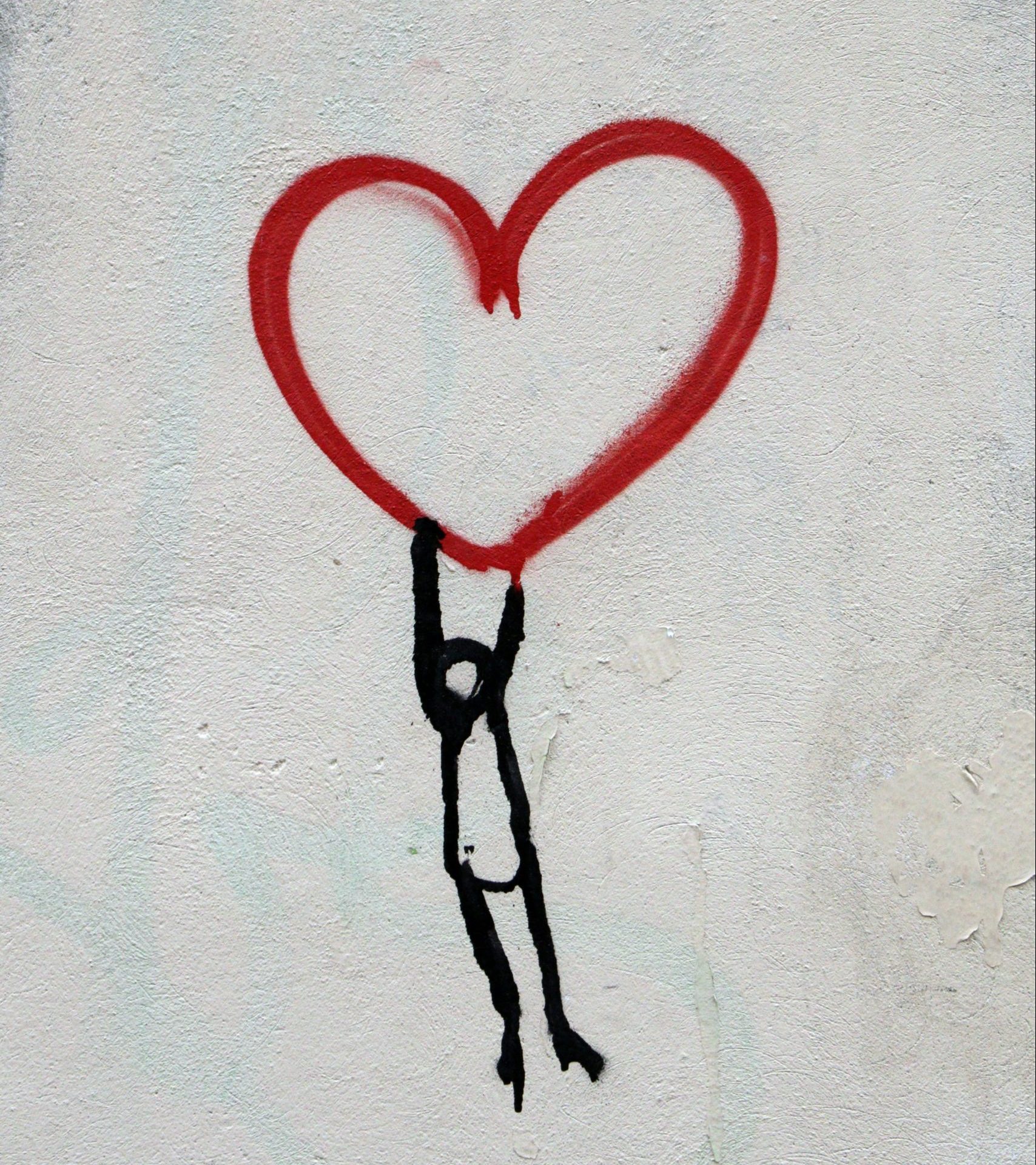The nurse practitioner handed me a box of tissues as she broke the terrible news to me that there was nothing wrong with my heart.
“Have you been stressed lately?” I told her no, as if that were the craziest thing I’d ever heard. After a series of more specific questions, she no longer gave me the option to diagnose myself.
“You’re stressed. What you’ve been experiencing are physical manifestations of anxiety.”
As I reached for a tissue, I marveled at her forethought. Clearly, this kind of conversation was not a first for her.
Next thing I knew, there was a piece of paper in my hands, and as I skimmed it, the phrases, “breath out for 8 seconds” … “prayer” … “yoga and exercise” … and “no caffeine” leapt off the page.
The racing heartbeat, uncontrollable shaking, numb limbs and shortness of breath indicative of a panic attack came over me 3 times over the course of a couple months before that nurse helped me realize that’s what was happening. I have never felt so fragile as I did in the aftermath of that discovery. I had always liked to think I was a strong, resilient person, but during that season of life, my limits and humanity came crashing in on me. Looking back now, I see that humbling season as a turning point for me, when I realized there’s greater freedom in having limits than there is in not having them. Or rather, there’s greater freedom in acknowledging our limits than in not acknowledging them.
If you’ve been in America very long, you may have heard the term FOMO (fear of missing out). I’ve suffered from a bad case of FOMO all my life. I don’t want to miss out on any experience, opportunity, book, job, trip or friendship. While this partly stems from a genuine zest for life, it becomes unhealthy when I start to have an inflated view of myself…as if the world would end if I didn’t take up every good cause that stirred my compassion or that I’m somehow entitled to all the accomplishments I desire. I don’t know why I’ve feared saying “no” for so long, but in recent years, I have found great power in pulling that word out of the bottom drawer of my vocabulary.
For me, my naturally prideful, over-indulgent view of life was the greatest source of my stress. It may take a little self-reflection for you to find yours…I’m sure there are many different root causes. What are you so afraid of? If you failed to achieve whatever you’re working so hard for, what would be the subsequent feelings or outcomes you would experience? Reflecting on those questions could be a good start to finding the root of your stress. There are things within our control and things outside of it, and we can’t let the things outside of our control rule our emotional well-being.
In the weeks, months and years following that doctor’s visit, I’ve stumbled around and tried to implement some healthy, stress-fighting habits into my routine. Talking to close friends and family honestly about what’s going on in my life, exercising regularly, prioritizing my responsibilities, taking time to play and continually adjusting my perspective on what’s important in life are all ways that help reduce my stress levels. What are some things you’ve tried? Have you thought deeply about the root of your stress? Comment below and let us know. We care about your mental and emotional health!



